
The first thing I noticed about my grandmother’s house after she passed was how empty it was. It wasn’t just that she was gone, nor the fact that I wouldn’t hear her footsteps again, but that, bit by bit, it felt like the parts of her that made the house what it had been were disappearing. She had passed away, and soon there wouldn’t be a trace of her left.
I had gone from stepping into the welcoming clutter only a grandparent can afford, into a world where the bed had no sheets and the old couches I’d taken countless naps on held only boxes of things that had to be moved.
It was probably for the best. If I’d stepped into the house organized the way she had lived, I would’ve deluded myself into thinking I’d run into her again — maybe she was just out buying some groceries, or haggling with a merchant about something she’d probably never use.
But at the same time, the emptiness wasn’t what hurt. If I’d seen that house with an agent, shopping for a bungalow somewhere in Bombay, I’d probably have felt no tinge of emotion, no deep sadness, because an empty house is an empty house.
But a house once full now emptied? That’s an entirely different matter.
Is it possible to spoil a play that has already closed? I’m not entirely sure. I am aware that usually, when people talk about plays, it’s in the context of a review, but this is not a review, and I have no plans to make it one. However, I do want to speak of a play I saw, one that has a story I think worth retelling.
I recently had the pleasure of watching “Lonely Planet,” a production I had not at all expected to see, and one for which I only got tickets on the urging of a close friend of mine and a severe lack of anything to do on a Wednesday night.
Yes, I know, I’m very boring. Sue me, I’ll be a snot-nosed critic any day of the week. I went and I watched “Lonely Planet” and then I came home and I do believe I immediately texted the editors of pillbox (peace be upon them) that I wanted to write about it. (Editors’ note: he did.)
Because I’ve never once seen a play talk about emptiness so well.
“Lonely Planet” is — and this is where the spoilers start — about two gay men living through the AIDS epidemic of the 1980s. It begins lighthearted, with the two — yes, only two, you don’t need friends (plural) to be in theatre — characters chatting about something irreverent and acting the fool. One of them has just brought the other a chair, and he’s hoping it will remain there.
And so it goes, doesn’t it? The chair is soon met with another, and another, and another, and one more, and why does he keep bringing chairs, what possible purpose does he have, where do these chairs keep coming from and then more and more and, oh, more chairs where did these come from and —
In a moment I will never forget, the drapes fall away and dozens of chairs hold still, floating, in the air above the actors. Every single chair belonged to someone — whether cluttering the stage or hanging, like a sword of Damocles, over it — and each and every one of those someones is dead.
It’s not the chair. It was never the chair. It could never just be the chair because who on God’s green Earth would care that much about a chair — unless you knew the person who was there. It stops just being a chair then; I can get one of those from the Home Depot, but it becomes the place where a person used to sit.
Used to.
The tension as we open that scene is practically torturous. It’s the dramatic moment that closes the first half of the play, the visual that you’re left with as the entire world seems to be collapsing for our two characters.
Because every single chair used to be a person.
There’s a visceral human reaction to the idea that someone used to be here. There’s a reason why people still spend their time wandering Roman ruins or exploring abandoned lots. There’s this sort of desire to figure out the places that are emptied, the places that had life, the places that once bustled and flourished, the places that were once tread by footsteps of inhabitants, not explorers.
Because there’s something deeply unsettling about the idea that one day, we’re not going to be there anymore. It’s not the fear of death — I’ve learned a long time ago the only constants are death, taxes, and Iliano making 122 marginally worse every year — because death makes sense. It’s what comes next — not for you, no, but for the people around you.
How do you cope with the gone-ness? How do you cope with a hole where a person used to be, a room without a heartbeat occupying it?
What do you do with their chair?
I don’t know. Yeah, I really got you with that one. I’m a part-time philosopher, and that means I get to talk about death and then dip on you. But seriously, I don’t know. We all deal with it in our own ways. We emptied my grandmother’s house, from top to bottom to side to side. It’s an empty lot now, unless the whole building has finally rotted enough to collapse. In “Lonely Planet,” I don’t know if they have a solution better than just remembering — remembering the stories of people who sat in those chairs.
If we are a collection of memories, then it is our memories with which we should handle the emptiness. It’s with the laughs and the tears and the stories that we should handle the emptiness.
We fill it with something, and then maybe, just maybe, we haven’t lost it all, have we?
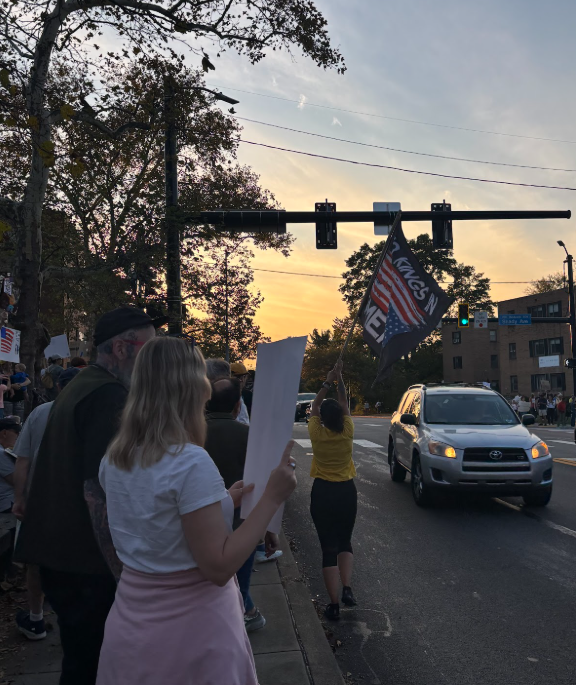
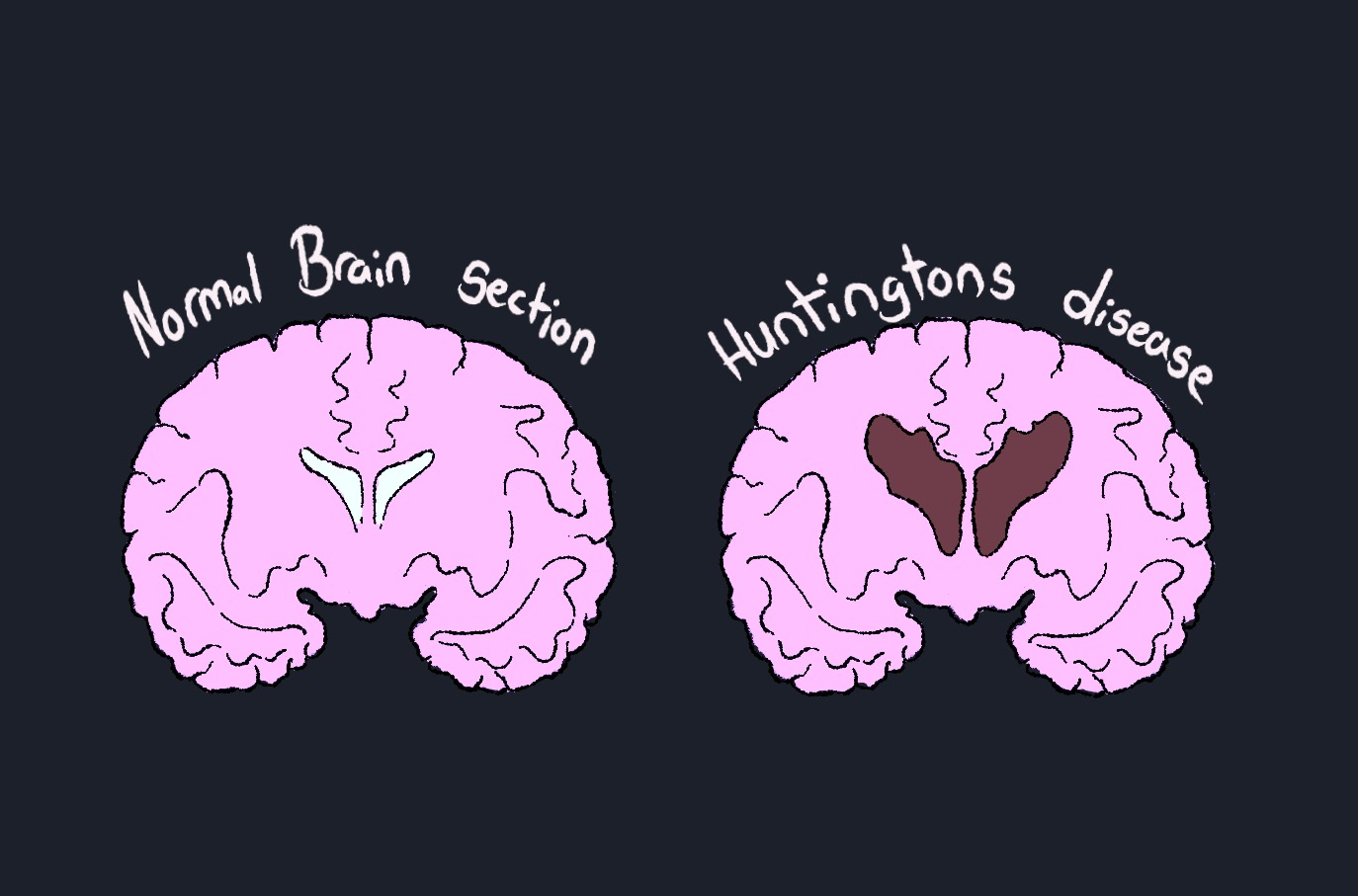
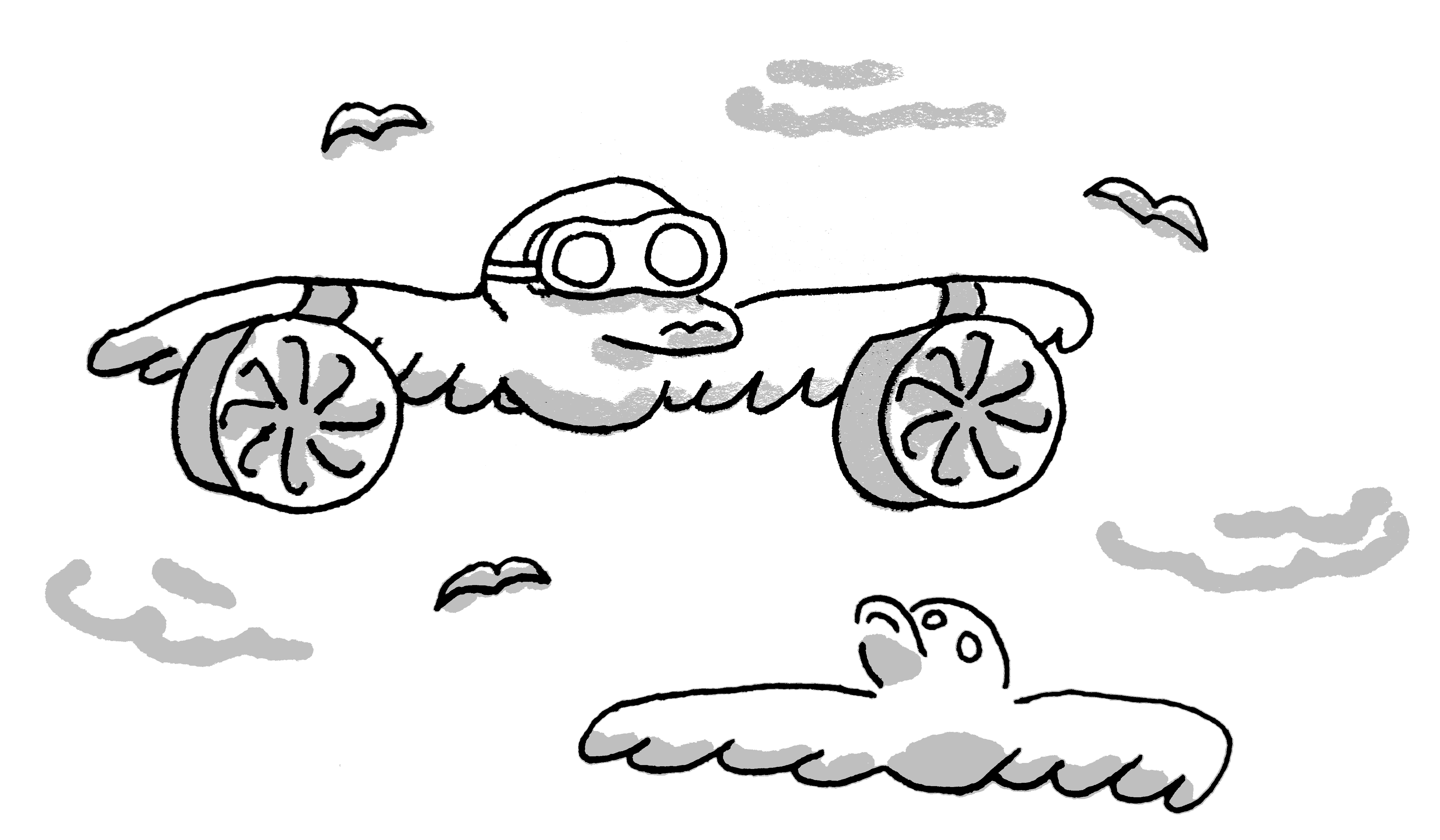

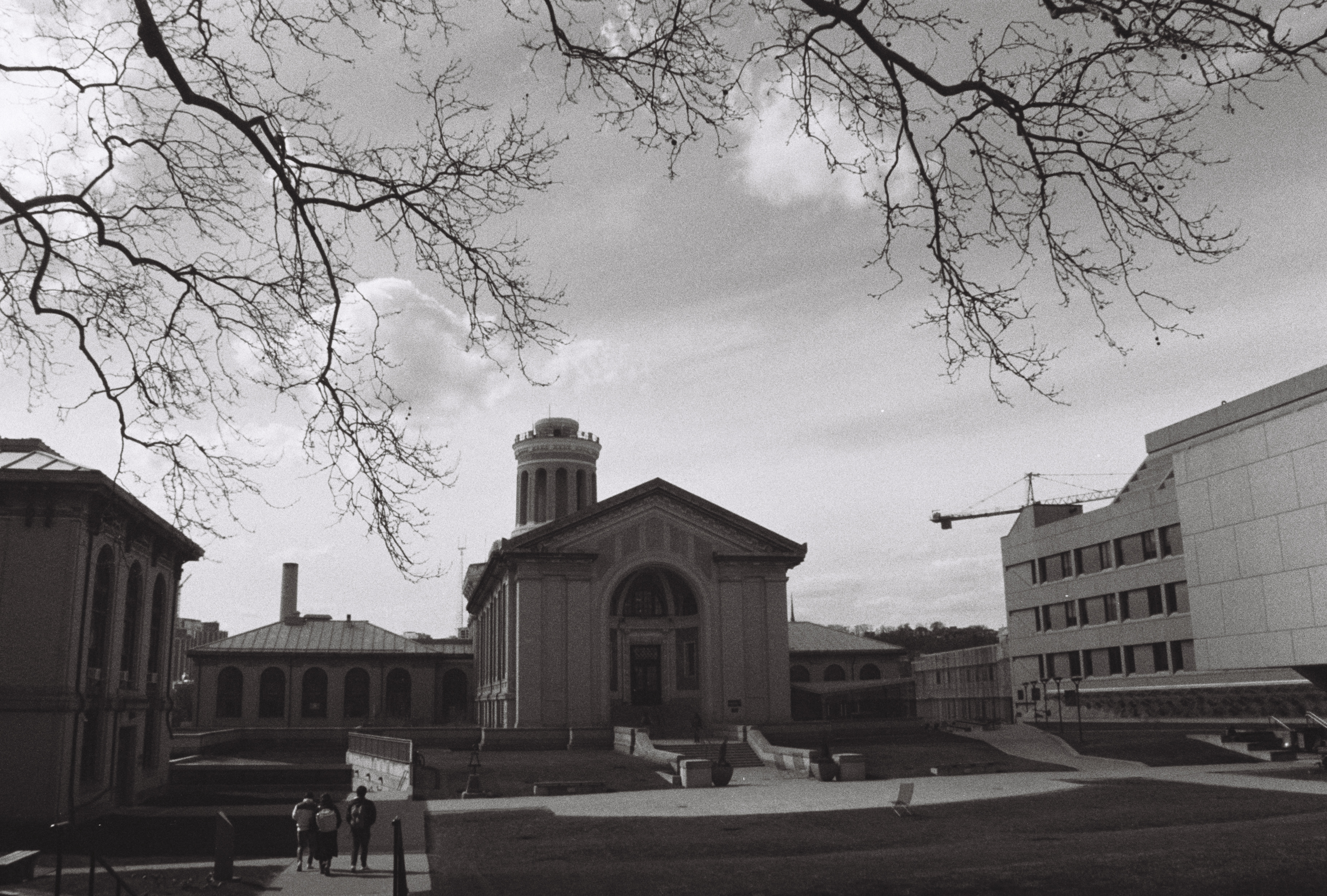
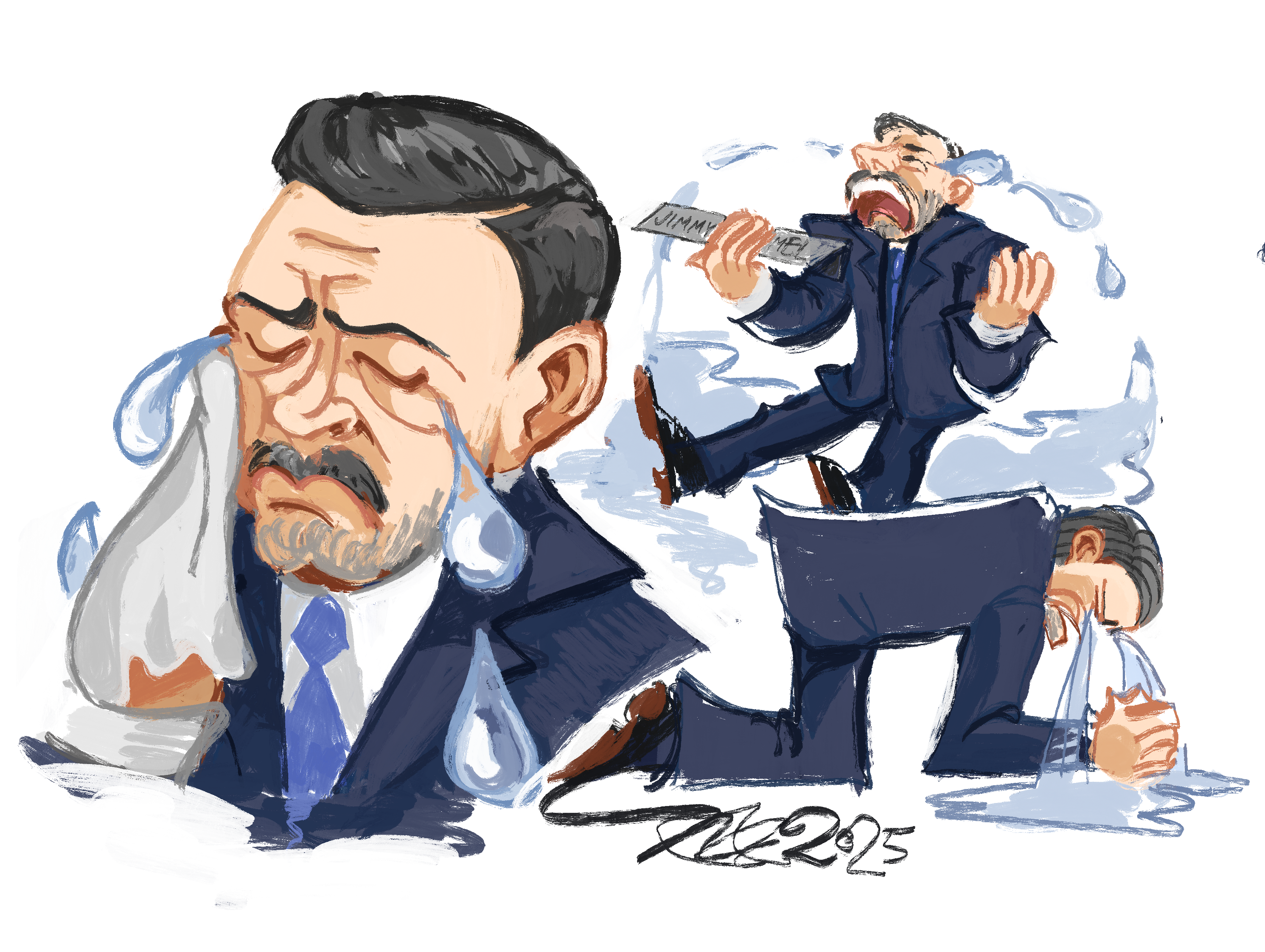
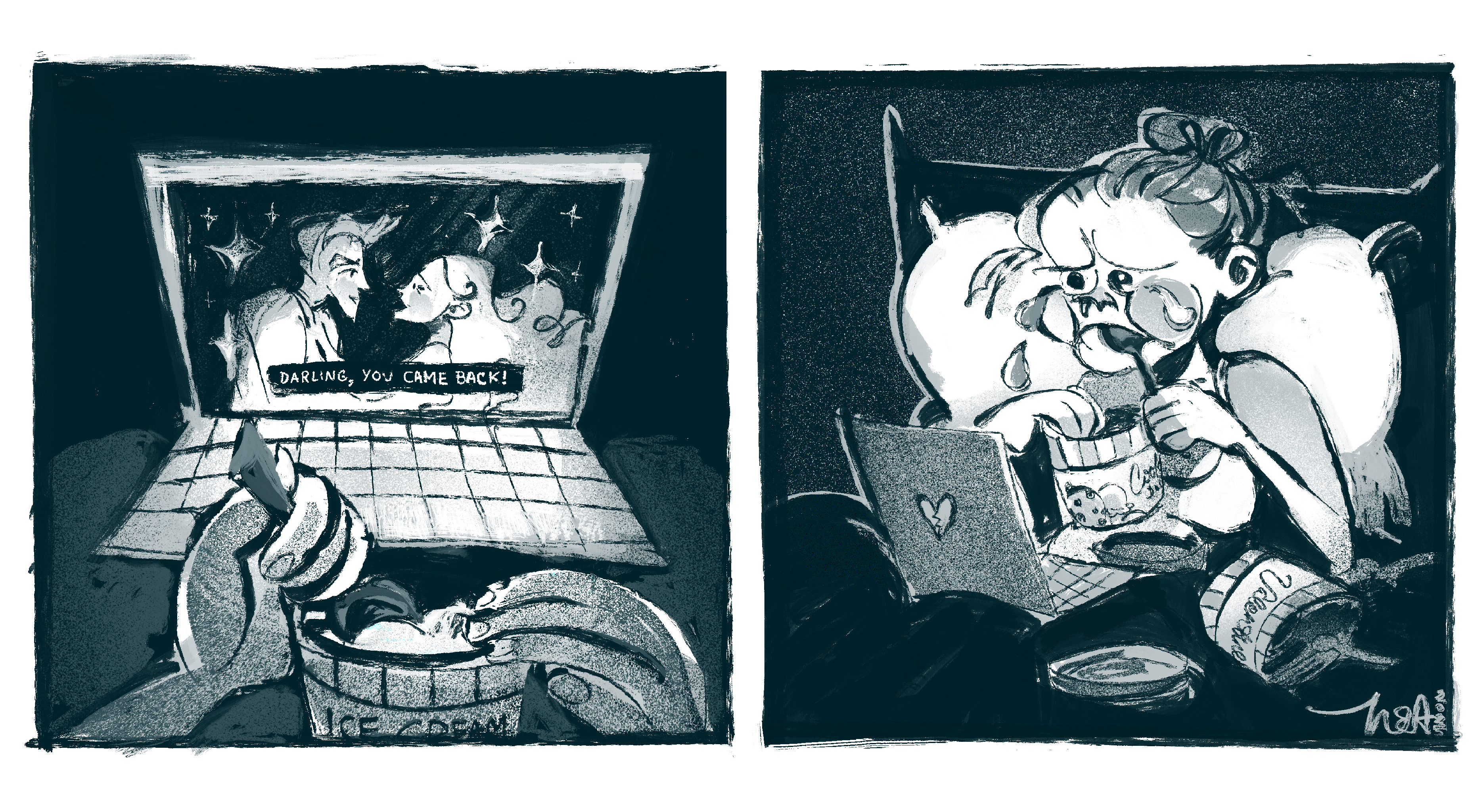

Leave a Reply